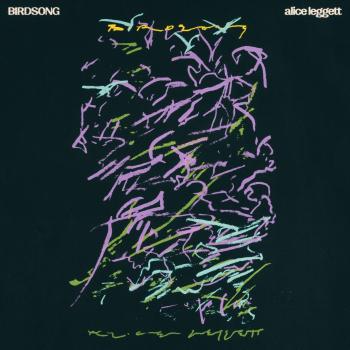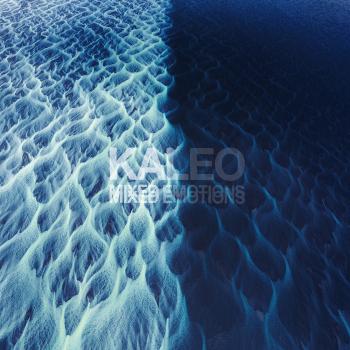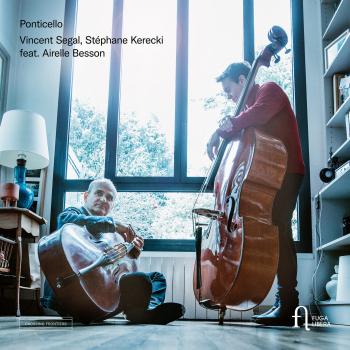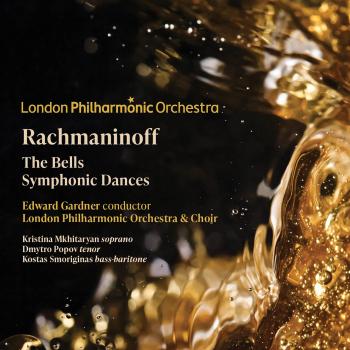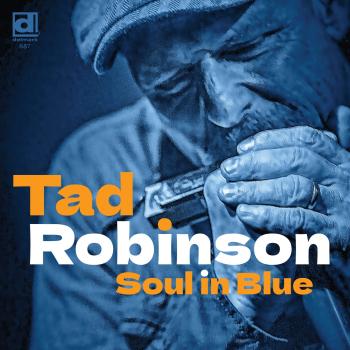
Album info
Album-Release:
2012
HRA-Release:
12.10.2012
Album including Album cover Booklet (PDF)
I`m sorry!
Dear HIGHRESAUDIO Visitor,
due to territorial constraints and also different releases dates in each country you currently can`t purchase this album. We are updating our release dates twice a week. So, please feel free to check from time-to-time, if the album is available for your country.
We suggest, that you bookmark the album and use our Short List function.
Thank you for your understanding and patience.
Yours sincerely, HIGHRESAUDIO
- 1 Adam's Lament 24:09
- 2 Beatus Petronius 05:16
- 3 Salve Regina 12:15
- 4 Statuit ei Dominus 04:56
- 5 Alleluia-Tropus 02:40
- 6 L'Abbé Agathon 14:04
- 7 Estonian Lullaby 02:08
- 8 Christmas Lullaby 02:27
Info for Arvo Pärt: Adam's Lament
Marshalling orchestral and choral forces under the direction of Tõnu Kaljuste, this new Arvo Pärt album, produced by Manfred Eicher and realized, like all Pärt’s ECM albums, with the composer’s participation, is a major event. Sacred music predominates, by turns monumentally powerful and tenderly fragile. Compositions featured, in premiere recordings made in Tallinn’s Niguliste Church, are: “Adam’s Lament” for choir and string orchestra; “Beatus Petronius” for two choirs, eight woodwind instruments, tubular bells and string orchestra; “Salve Regina” for choir, celesta and string orchestra; “Statuit ei Dominus” for two choirs, woodwinds and string orchestra; “Alleluia-Tropus” for choir and string orchestra; “L'Abbé Agathon” for soprano, baritone, female choir and string orchestra. The album concludes with two lullabies – “Estonian Lullaby” and “Christmas Lullaby” – for female choir and string orchestra. In title piece “Adam’s Lament” Pärt uses a poetic text by Silouan of Athos to emphasize our common heritage in the figure of Adam. “Adam is all of us who bear his legacy. This ‘Total Adam’ has been suffering and lamenting for thousands of years on Earth. Adam himself, our primal father, foresaw the human tragedy and experienced it as his personal guilt. He has suffered all human cataclysms, unto the depths of despair.”
Arvo Pärt’s Adam’s Lament for chorus and orchestra was commissioned by the cultural capital cities Istanbul and Tallin in 2010 and 2011. It is based on writings of Saint Silouan (1866-1938), in which the Russian Orthodox monk on Mount Athos describes Adam’s pain at the loss of Paradise. It was not the first time Pärt was inspired to compose a work on Silouan’s texts; in 1991 he published Silouans Song (“My soul yearns after the Lord”) for string orchestra (recorded on ECM with the Te Deum, the Magnificat and the Berlin Mass).
When setting Adam’s Lament which, for Pärt, has great poetic, expressive power with its central message of love and humility, the composer internalised Silouan’s words completely; they determined the substance and structure of the text (sung in ecclesial Slavic), its punctuation, number of syllables and accentuation of the music down to the smallest detail. “That perfect melding caused me somehow to think less of a work of art when I was composing.”
The piece is dedicated to Archimandrit Sophrony, Silouan’s pupil and biographer, who also published the monk’s writings in the 1950s. They have been translated into more than 20 languages; critics consider them to be among those works without which no serious anthology of Russian poetry will be complete in future.
Pärt has spoken extensively of Adam’s importance to St. Silouan and to himself: “The name Adam is like a collective term which comprises humankind in its entirety and each individual person alike, irrespective of time, epochs, social strata and confession. We could say that he is all of us who bear his legacy and we, Adam, have been suffering and lamenting for thousands of years on earth. Adam himself, our primal father, foresaw the human tragedy and experienced it as his personal guilt. He has suffered all human cataclysms, unto the depths of despair.”
The remarkable premiere took place on 7 June 2010 under conductor Tõnu Kaluste with the Borusan Istanbul Philharmonic Orchestra and the Estonian Philharmonic Chamber Choir in the Hagia Irene, the only Byzantine basilica which was never converted to a mosque and the site of the First Council of Constantinople in 381.
Adam’s Lament, the most comprehensive work on this CD, is complemented by a number of older choral works which Pärt reworked at a later date, including Salve Regina, originally for organ and chorus, commissioned for Hubert Luthe, Bishop of Essen Cathedral in 2001. 10 years later, Pärt reworked it, along with two other pieces recorded on this CD, Beatus Petronius and Statuit ei Dominus from 1990, for choir, string orchestra and woodwinds. Pärt wrote of the works: “The feathery lightness of Beatus Petronius and, by contrast, the potency of Statuit ei Dominus are two sonic worlds, like the two sides of God, which I tried to touch, to trace in these works. It is difficult for us to fathom God – in terms of both his greatness and simultaneous infinite benevolence.”
L’Abbé Agathon (2004-2008) is another weighty piece on this recording. Scored for soprano, baritone, female choir and string orchestra, it was originally a commission from the cello octet in Beauvais, France. Near the city are the remnants of St. Lazarus Hospital, the oldest hospital for lepers in Northern Europe, dating back to the 12th century. Pärt took the legend of St. Agathon in which he exchanges his body with that of a leper. “Three musical situations dominate the piece: the way to the market, with Agathon’s heavy gait with the leper on his shoulders, the dialogues between the lepers and Agathon, and the life at the market.” According to the legend, Agathon carried the leper on his back and fulfilled his every wish until he discovered that, in reality, the leper was an angel sent by God to test him.
Two short pieces round off this CD of choral compositions: the Alleluia Tropus (2008-2010) and Two Lullabies (2002/2006). According to Pärt, lullabies are like little pieces of lost Paradise: “A small consolation combined with the feeling of profundity and intimacy. I wrote these two lullabies for adults and for the child within every one of us.”
Tõnu Kaluste has long been one of the outstanding interpreters of his countryman’s music. No other conductor has his gift for allowing Pärt’s works to breathe so freely in the choirs and orchestras he leads. He has already recorded many of Pärt’s pieces for ECM with the two ensembles he founded, the Estonian Philharmonic Chamber Choir and the Tallinn Chamber Orchestra. Other important interpreters of Pärt’s music on the CD include the Riga Sinfonietta, the Latvian Radio Choir (founded in 1940) and Vox Clamantis, with its wide range of repertoire, from medieval to modern.
The recordings took place with Pärt in attendance in St. Nicolai Church (Niguliste kirke) in Tallinn. That 13th-century church often serves as a concert hall and recording venue, thanks to its splendid acoustics.
Latvian Radio Choir
Vox Clamantis
Sinfonietta Riga
Estonian Philharmonic Chamber Choir
Tallinn Chamber Orchestra
Tõnu Kaljuste, conductor
Adam’s Lament, Beatus Petronius, Salve Regina, Statuit ei Dominus, Alleluia_Tropus, L’Abbé Agathon:
Recorded November 2011 at Niguliste Church in Tallinn by Peter Laenger and Stephan Schellmann
Estonian Lullaby, Christmas Lullaby:
Recorded May 2007 at Niguliste Church by Margo Kõlar and mixed at Rainbow Studio in Oslo
by Arvo Pärt, Manfred Eicher with Jan Erik Kongshaug (engineer)
Produced by Manfred Eicher
No biography found.
Booklet for Arvo Pärt: Adam's Lament

